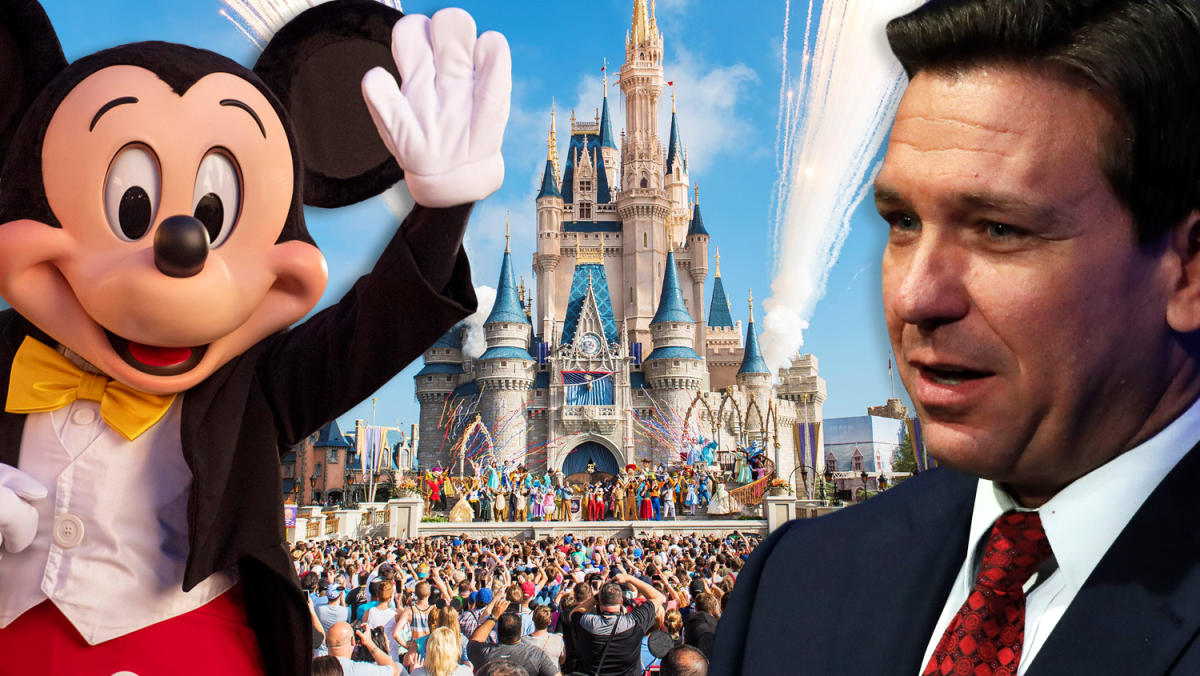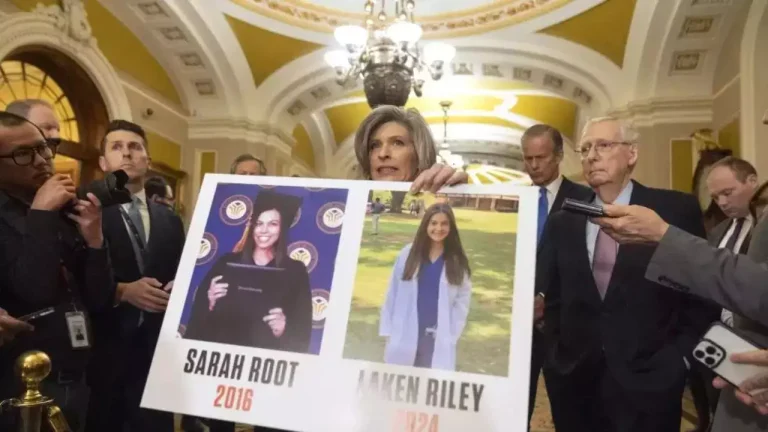In a significant legal development, a federal judge has dismissed Disney’s lawsuit against Florida Governor Ron DeSantis, asserting that the complaint lacked merit in its argument that the restructuring of a special tax district governing Walt Disney World was punitive due to alleged free speech concerns.
Judge Allen Winsor of the U.S. District Court for the Northern District of Florida issued a 17-page order on Wednesday, effectively quashing Disney’s lawsuit against Governor DeSantis and the secretary of Florida’s Commerce Department. The judge contended that, despite the district restructuring causing substantial detriment to Disney, there was no concrete evidence or motivation indicating that the company was unfairly singled out.
While acknowledging that the laws did not impact all districts uniformly, Winsor noted that Disney failed to provide sufficient support for its argument that the court should delineate the threshold of affected entities to avoid singling out those most affected. In his order, the judge stated, “Disney offers no support for its argument that the court is to undertake line drawing to determine just how many others a law must cover to avoid ‘singling out’ those they affect most.”
Disney initiated the lawsuit in the spring of last year after Governor DeSantis signed a bill that stripped Disney World of its self-governing powers, transferring control of the Reedy Creek Improvement District to the state and renaming it the Central Florida Tourism Oversight District.

Read more:
- Trans Drivers Unable to Change Gender on Licenses in Florida
- Northern Lights Treat for New Mexico Residents!
- Razor Wire Presence Strengthened at Shelby Park in Texas
- NY Lawmakers Push for In-State Drug Production to Lower Costs
The original law, enacted in 1967 before Walt Disney built the theme parks, granted Disney the authority to elect all board members of the district and oversee land development. Governor DeSantis asserted that the restructuring was aimed at rectifying Disney’s perceived unfair advantage.
Jeremy Redfern, a spokesman for Governor DeSantis, emphasized that the decision aligned with the governor’s stance that Disney should not have its own special government. Redfern stated, “The federal court’s decision made it clear that Gov. DeSantis was correct: Disney is still just one of many corporations in the state, and they do not have a right to their own special government.”
Disney’s lawsuit contended that the company was facing repercussions for its public disagreement with Governor DeSantis over the controversial “don’t say gay” law. Disney had openly opposed the “Parental Rights in Education Act,” which restricts classroom instruction on sexual orientation and gender identity for students through the third grade.
Winsor, in his order, emphasized that the challenged laws did not appear to be directed specifically against Disney, asserting that courts should not delve into a law’s legislative history to find an illegitimate motivation for an otherwise constitutional statute.
A Disney spokesperson responded to the dismissal, stating, “This is an important case with serious implications for the rule of law, and it will not end here.” The spokesperson expressed determination to press forward with the case, arguing that if left unchallenged, the dismissal could set a dangerous precedent allowing states to leverage their official powers to penalize political viewpoints they disagree with.
As legal battles continue to unfold between Disney and Florida’s government, the outcome of this case holds implications for the delicate balance between corporate entities and government regulations, particularly in the context of free speech and alleged targeted punitive measures.















+ There are no comments
Add yours